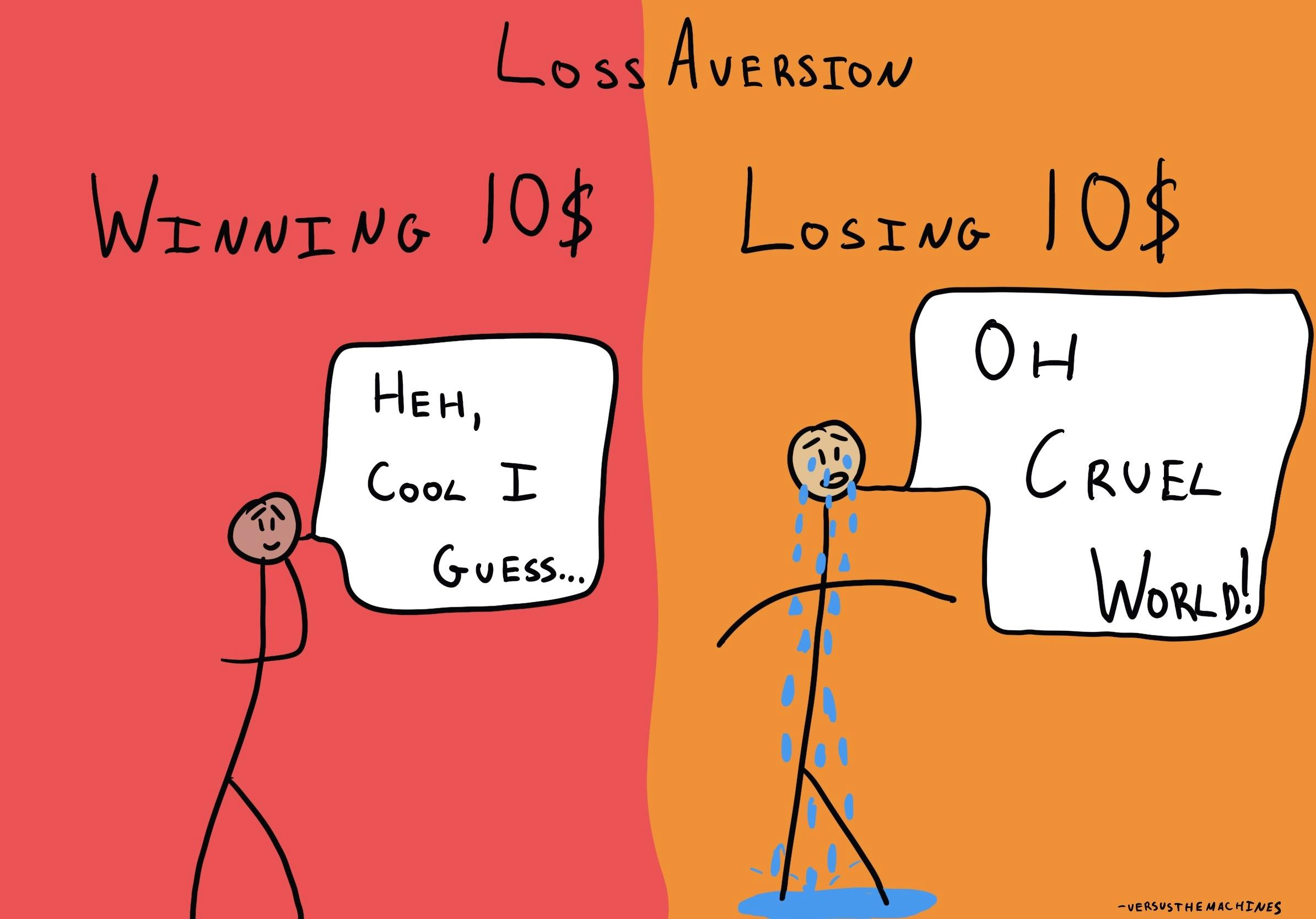Beneficial Stress
Most people perceive stress as harmful and destructive. But interacting with it is necessary for us to continually adapt and evolve to the ever-changing world.
There are two natural stress responses you can experience: Distress and Eustress.
Distress is the negative stress response, and Eustress is the positive stress response.
Let's dive in.
Distress vs Eustress
Whether you experience a stress event or load as positive or negative depends on many different factors, and is very personal. The sources of stress are endless and can range from a heavy workout to a hectic day at work to the loss of a family member or close friend.
Eustress
Although Eustress is a recognisable form of stress for your body, it is short-lived and experienced as a stress boost. After experiencing this stress boost, your body can fully recover.
An easy example of this is physical exercise; the more consistent you are at progressively overloading your body over time, the more strength/fitness you develop. Another example is reading a book or studying a subject that stretches your brain; the longer you persevere, the more you learn, the more you grow.
You can control and use Eustress to improve performance and/or resistance. You build up more resistance, confidence, motivation, and excitement for life by repeatedly exposing yourself to and recovering from Eustress.
Distress
Distress, on the other hand, is unplanned stress that your body cannot yet deal with. Distress creates a more significant stress response than Eustress and requires considerably more time to recover. This form of stress is experienced as a negative emotion, and a 100% recovery takes considerably longer than Eustress.
Through good self-examination, you can gain insight into your sources of stress so you can better deal with them and strategically use Eustress to your advantage.
Practical Implications of Eustress
By putting yourself to the test, you experience which form of stress works positively or negatively for you. Regularly taxing yourself and fully recovering from it grows your resistance to the stressors. For example, situations that previously resulted in a negative stress response can become positive over time.
Stress and Risk
Putting yourself on the hook, taking on challenging projects, having skin in the game, and leading carry significantly more risk and stress than not doing so.
Carrying more risk means losing more at stake if things don't pay off: more chance of humiliation, reputation damage and/or financial loss.
Creating Stress
Let's say you commit to training for a marathon. To keep yourself accountable, you tell all your family and friends about it.
Now you're on the hook.
By committing to this challenge, you're essentially creating stress for yourself.
The mental and physical fatigue, challenges of finding time to train around your existing priorities, and negotiating these priorities with your friends and family all bring stress into your life that would not have been there if you had not committed to the challenge.
What's at stake if you fail?
Potentially some humiliation, reputation damage amongst your peers and reduced confidence in your abilities.
What's at stake if you succeed?
Some recognition and congratulations from those who care. But more importantly, the belief in yourself to tackle gruelling challenges.
Experiencing the euphoria of delayed gratification makes the hard work and tough times all worth it, contributing to feelings of optimism and excitement.
Not only will the Eustress of physical training give you a stronger body, but it also gives you a stronger mind.
Your improved mental and physical strength can be applied to other aspects of your life.
Why do Many Professional Athletes also Succeed in Business?
It is because many of the skills and lessons you learn as an athlete (or, in this example, completing a challenging physical endeavour) are relevant across the board.
There is no shortcut to success; you must work hard and put in countless hours to achieve what you want.
This example is one of many.
Consider other examples for yourself, like taking on a project at work that feels slightly out of your league, starting a business for the first time, training for the Olympics, learning a new skill or building a website and starting a blog.
None of these are easy and may not result in what you expected. But the mere act of challenging yourself by pushing the boundaries of what you thought you were capable of has a net positive result regardless of success or failure.
You will always end up better off than when you started.
When negotiating with yourself about whether or not to take on a challenge, it is easy to measure the loss you will experience if things don't go to plan.
But it is very difficult to measure and predict how far you can go if everything goes right.
If you accurately consider the skills you acquire, the confidence you build and the connections you make along the way, where would you end up?
Who knows... wouldn't it be exciting to find out?
The trouble is, that loss aversion often gets the better of us.
Loss Aversion Bias
For some reason, we humans experience the loss of a valuable item significantly more than if we were to gain that same thing.
In other words, it's better to avoid losing $20 than it is to find $20.
To relate this to our example of putting ourselves on the hook, we would rather not even try and avoid the risk of losing our reputation, money or perceived position in the hierarchy of our social circle than trust ourselves to succeed.
The biggest issue with this is, adding to the point I made earlier, we don't accurately quantify the risk and loss of not trying.
In other words, what's the cost of a missed opportunity?
If we could accurately measure the cost of a missed opportunity and the potential gain of a successful endeavour, we could objectively show ourselves the best decision to make, and make it.
Then, we could paint a picture of how things could be if we succeeded. We would dream about it... and by dreaming about it, we would feel nostalgia for it.
After that, the only thing to do is take the first step to work towards it.
Other Resources
:max_bytes(150000):strip_icc()/roller-coaster-eustress-fun-excitement-KNSY-Picture-Press-Getty-Images-56a906f25f9b58b7d0f76ea9.jpg)

:max_bytes(150000):strip_icc()/GettyImages-121043986-5d44d42e7e614d1090316489be9e9491.jpg)





Member discussion